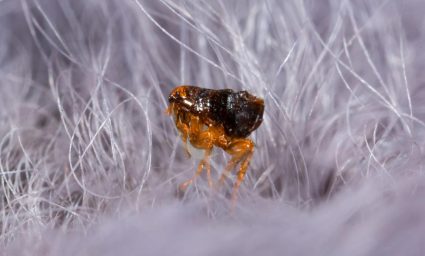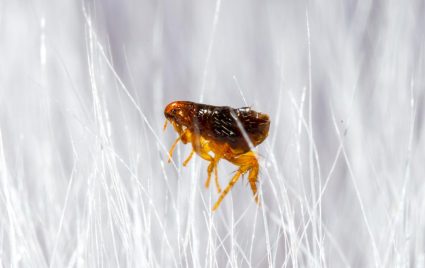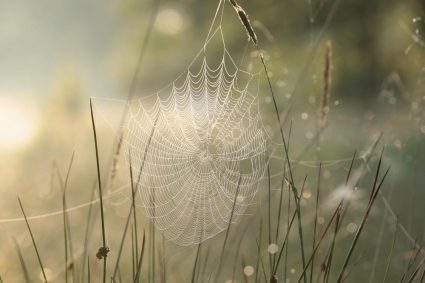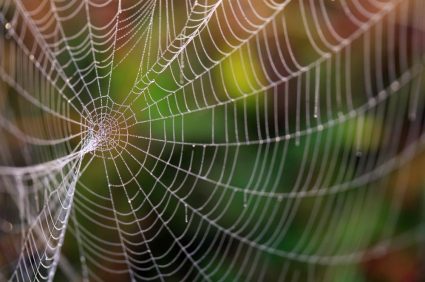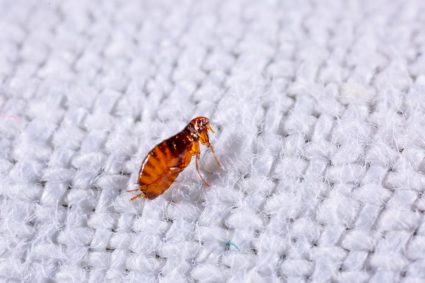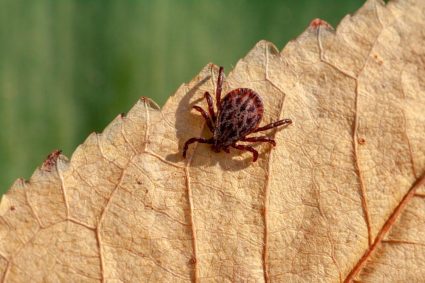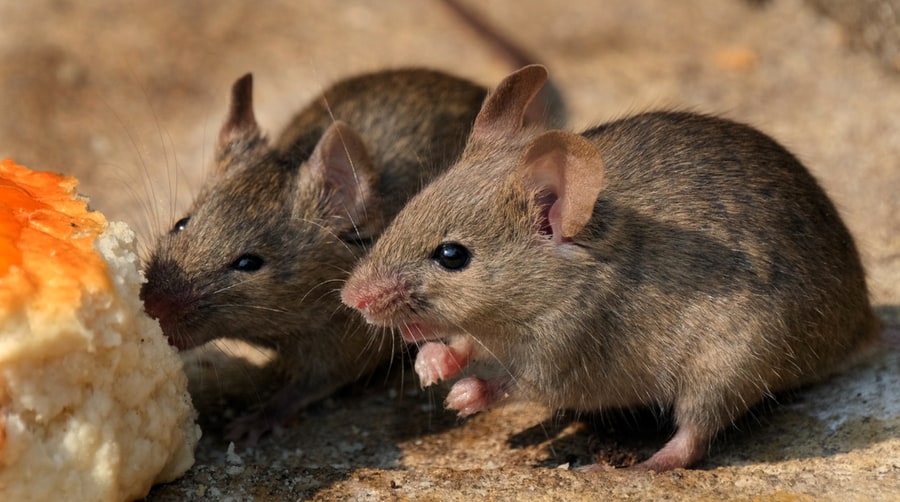
People love mice when they’re in children’s books or cartoons. But in real life? Not so much.
That is because they are associated with various diseases like Lyme disease and the plague.
And plenty of the diseases they carry are transmitted by their feces. So it’s hard to imagine a place with a kitchen counter that has tiny, black cylinders all over it.
You probably do an excellent job at ensuring mice can’t enter your home. But ensuring no mouse can enter your compost bin is a different story.
So keep reading this article to know how to keep mice out of the compost bin.
Nobody likes to have mice in their home. So, people do their best to keep them out. But it’s not easy when it comes to your compost bin. If you want mice out of it, you can:
- Mouse-proof your compost bin
- Plant mint
- Use traps
- Use poisons
If you want the compost bin to be mice-free, you can use some of the methods below:
9 Ways You Can Repel Mice From Your Compost Bin
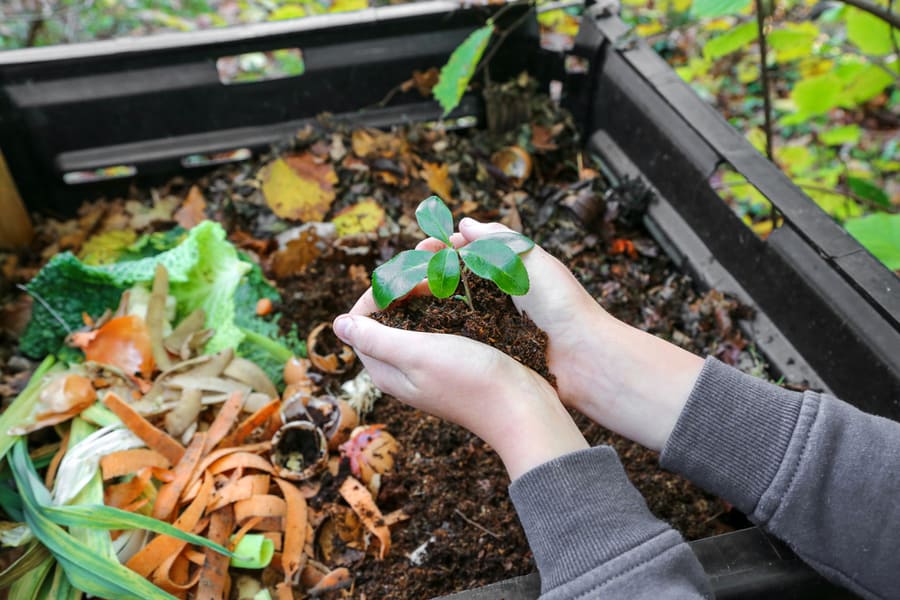
Having a compost bin is a great way to help the environment.
Plus, it can help you save money by producing your compost instead of buying some from the store.
Unfortunately, it can also attract mice, which may make their way to your home.
So to prevent that, below are nine ways you can repel mice from your compost bin:
1. Mouse-Proofing
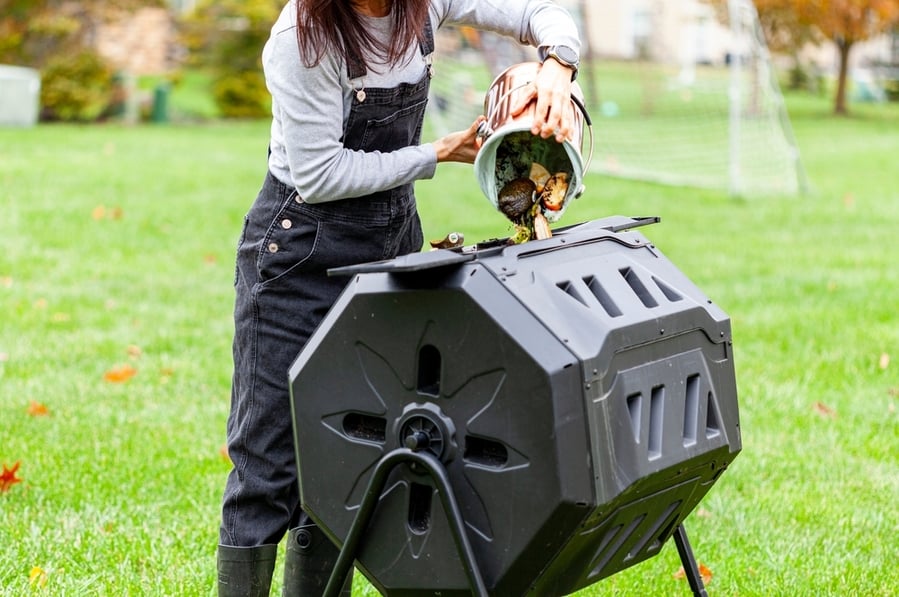
One of the most typical methods to keeping mice out of the compost bin is to mouse-proof it with wire.
While this may effective against rats, mice are tiny and extremely good at getting into small spaces. Because of their flexible skeleton, mice can enter a 6 mm gap, about the same size as a pencil.
But there is, however, a special mouse-proof mesh available in the market.
If you don’t want to use mesh, a good alternative is to use gnaw-proof materials to cover the bin, like a Hot Bin or compost tumbler.
2. Plant Mint
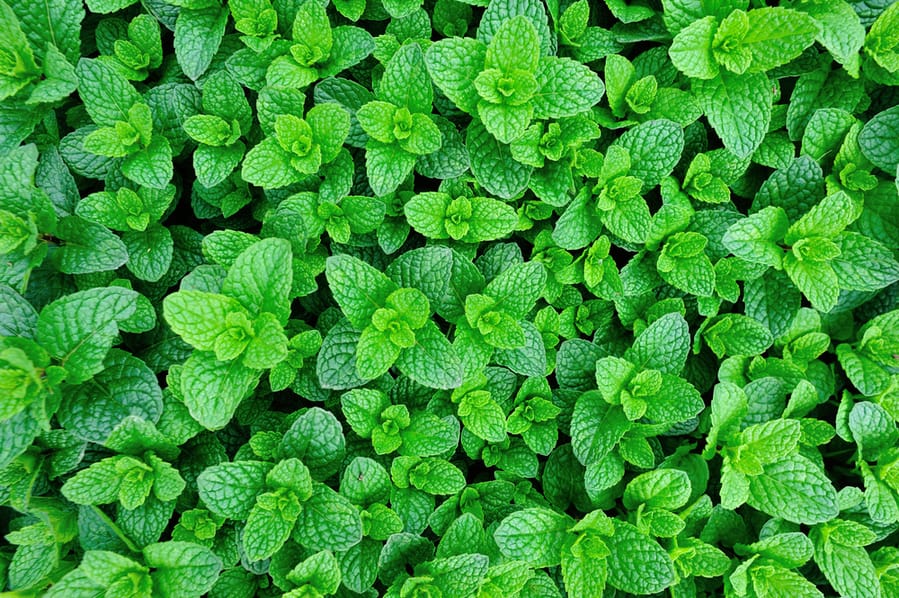
Planting mint to deter mice is a popular idea because once you do it, you’ll have a long-lasting mouse prevention system. So does it work?
Well, that depends on the concentration of mint around your compost bin. There are promising results with concentrated mint in repelling mice.
So you can see why people love the idea of planting mint. But if you plant mint, ensure to plant them in pots.
Mint can spread very fast and might overspread on your property.
3. Turning the Compost
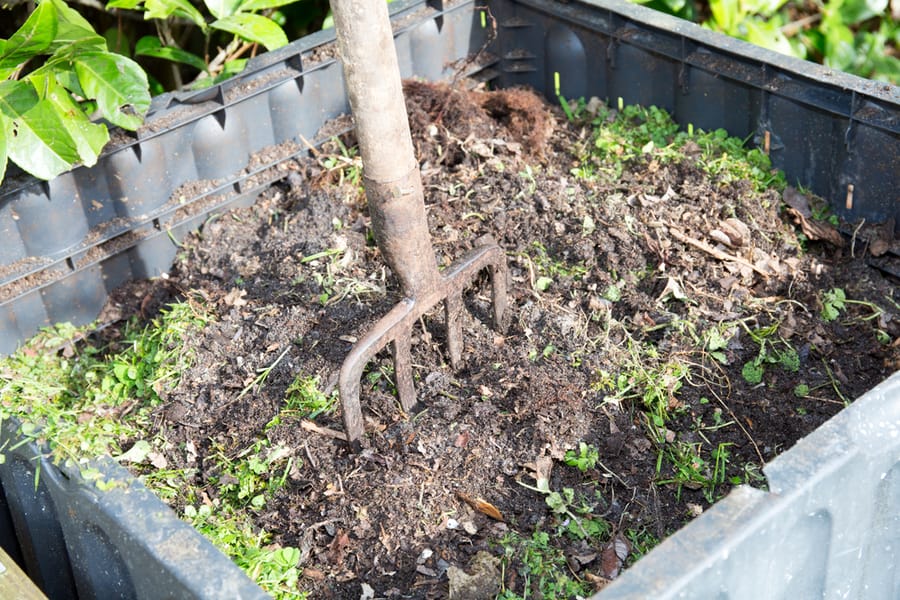
A swell way to discourage mice from visiting your compost is to turn it around regularly.
This will not stop them from getting into your compost bin for a quick snack. But you will prevent them from making a nest and breeding in your compost bin.
Turning your compost every day is a hassle. But it does give the benefit of aerating your compost pile and quickly producing compost.
4. Hot Composting
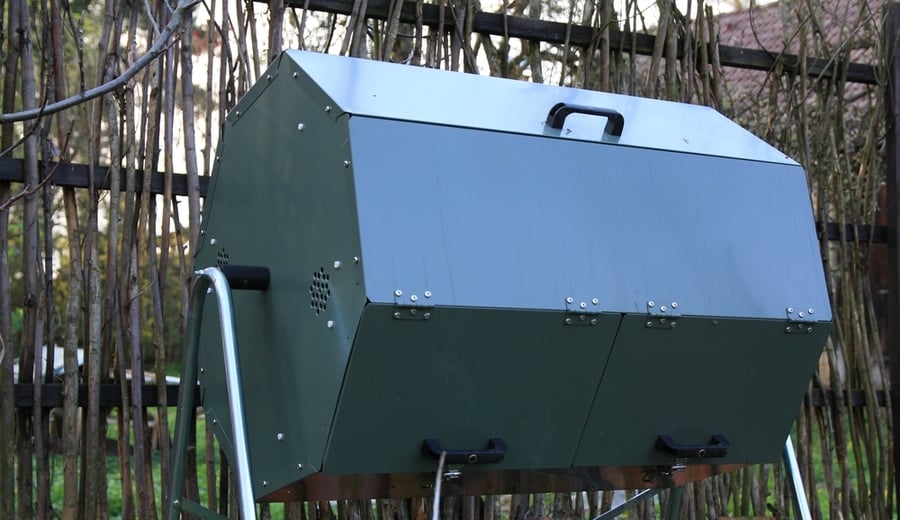
If you have large compost daily and have a good ratio of greens and browns, you could turn up the heat to use hot composting.
This compost is hot to the touch, which means no mouse can get in your compost bin.
Even with a little heat, you can reduce the attractiveness of your compost, especially food.
5. Use a Bokashi Bin for Leftover Food
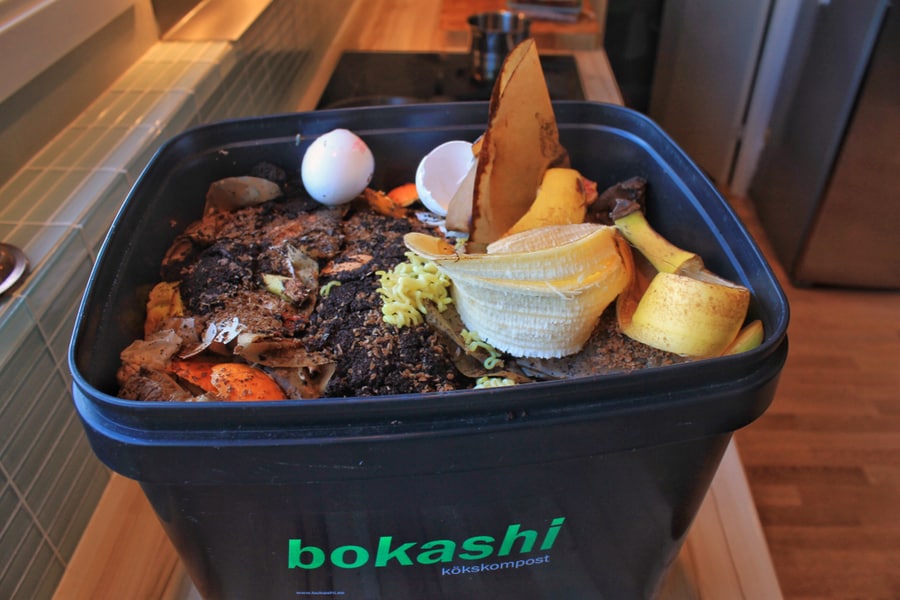
Leftover foods can be attractive to any animal, especially mice. But it’s also a good compost material.
One option to ensure mice don’t come to your food is to use a Bokashi bin. There are two ways Bokashi bins deter mice.
One is that it’s tightly sealed. And two is the pickling smell it makes, which rodents dislike.
It’s also very sturdy. So mice can’t gnaw it to get inside.
6. Bury Food Waste Deep
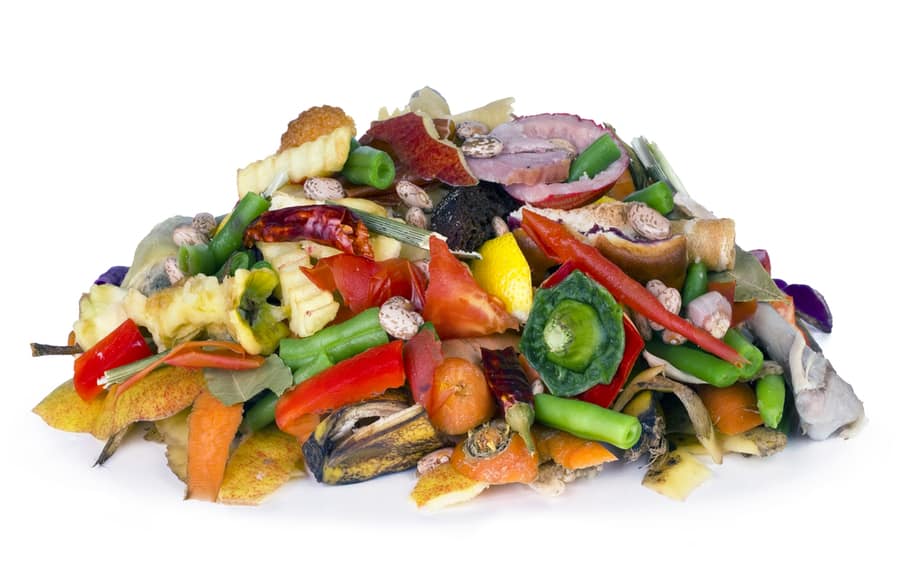
If you want to put your leftover food in a compost heap, it would be best to bury it deep in the compost pile.
This doesn’t mean that rodents can’t find your food waste. But it does make accessibility difficult.
7. Get a Cat
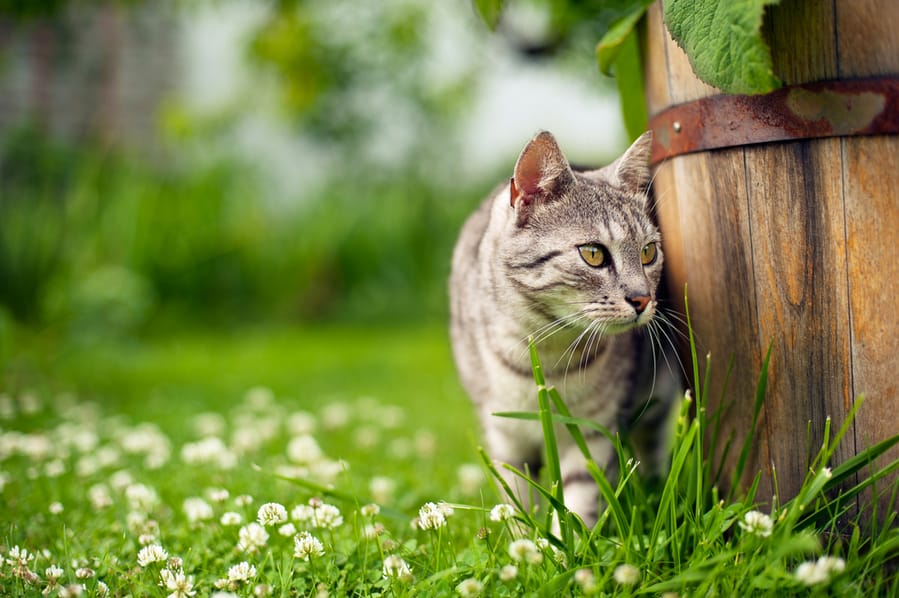
The best thing about a cat is that it can still deter mice even when it will not kill a mouse. And it’s because of the protein in their saliva called MUPs, which causes mice to freeze with fear when they detect it.
So it’s beneficial to have a cat around to repel mice from entering your compost bin.
That said, cats are predators and have killer instincts with them. So don’t be surprised if you notice dead mice on your front door.
8. Traps
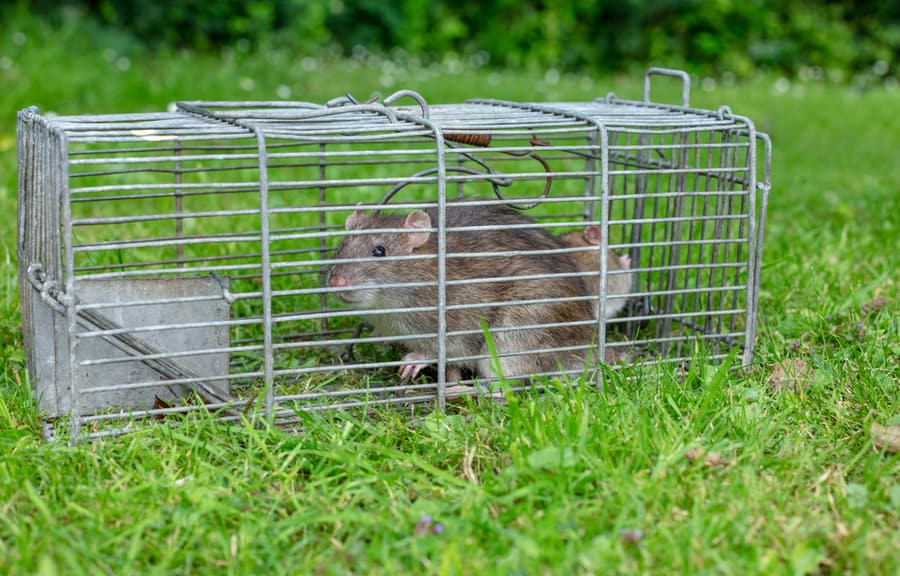
Traps are one of the most available options to repel rats from your compost bin.
However, it can’t eliminate the whole population in your garden. But it can make a dent.
Traditional mouse traps are still effective, but they can be a hassle to set up. Plus, it might accidentally snap your fingers, which can hurt.
If you like using traps to repel mice, try live mouse traps. You might hurt other animals if you use traps that kill.
9. Poison

Poison is one of the most effective ways to eliminate mice and rats on your property.
Rodents love baits with poison embedded in them. So no doubt you can solve your rat problem with ease.
The problem is that it’s too good that it can also attract other animals. So, to ensure you will not harm others when you use poison.
It’s best to use a bait station. That way, you can prevent other animals from taking the bait.
Conclusion
Making your compost is not only good for the environment, but it also saves you money from buying store-bought ones.
The problem is that it can also attract mice to your property. That said, there are plenty of ways to repel rats away from your compost bin.
Some of the things you can do are mouse-proof it, use traps and poison or get a cat.
So if you know anyone having a mice problem with their compost, sharing this article should help them know how to keep mice out of the compost bin.
Frequently Asked Questions
Are Mice Dangerous?
Yes, because they can carry with them a wide array of diseases. And some of these are lethal. They can also contaminate your food with their urine and feces.
So, call an exterminator immediately if the mouse infestation on your property is out of your hand.
How Do I Eliminate a Mice Infestation?
Traditionally, the best way to eliminate a mouse infestation is through poison. It can take several forms.
But ensure that no other animal can get hurt throughout the process.
How Do I Know if I Have Rats or Mice?
You can tell the difference between rats and mice through their size. Rats are larger than mice. Rats also have larger feces than mice.
So if you see any large black cylinders in your house, you have rats. If it looks like black rice, it’s mice.

